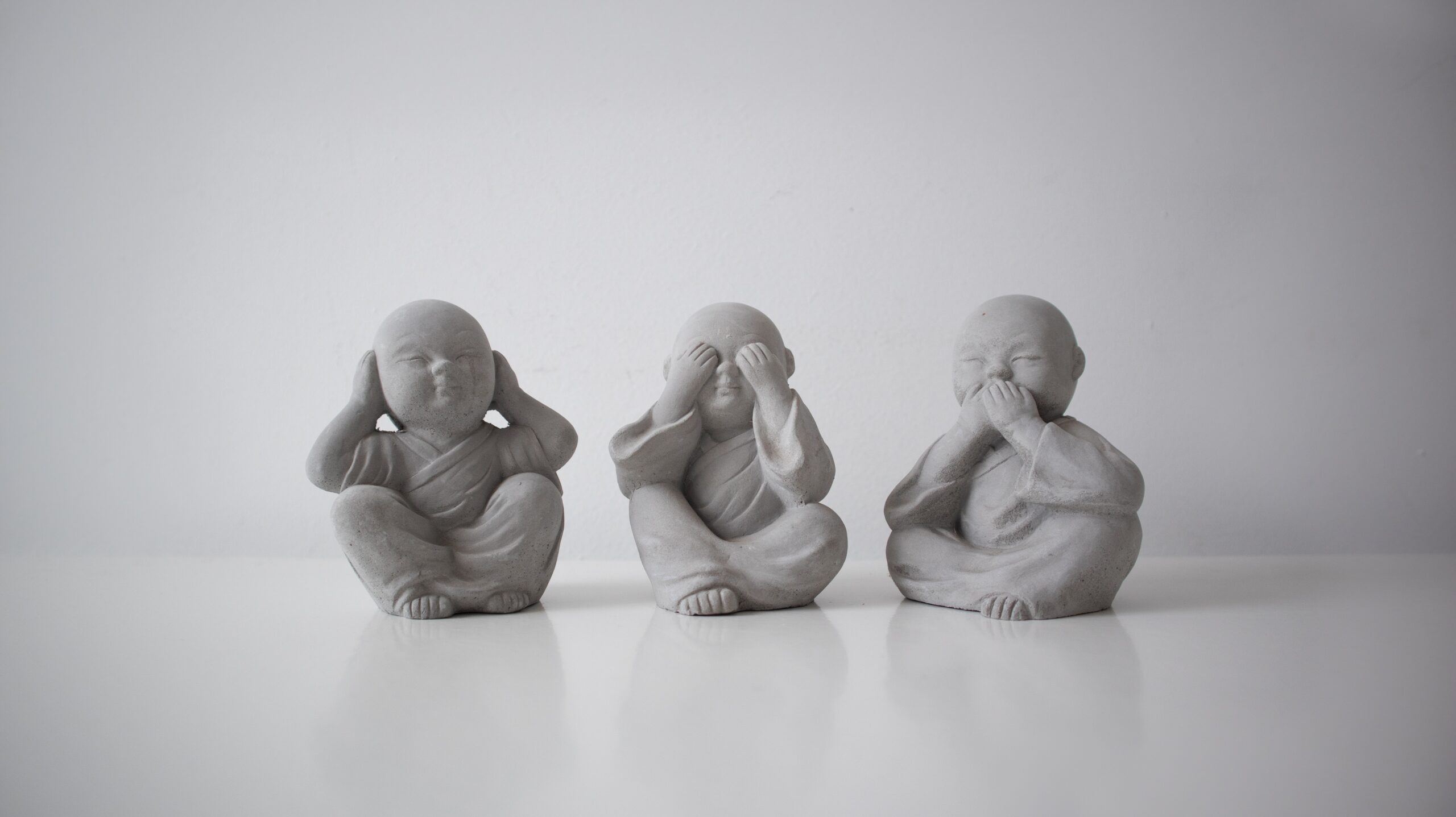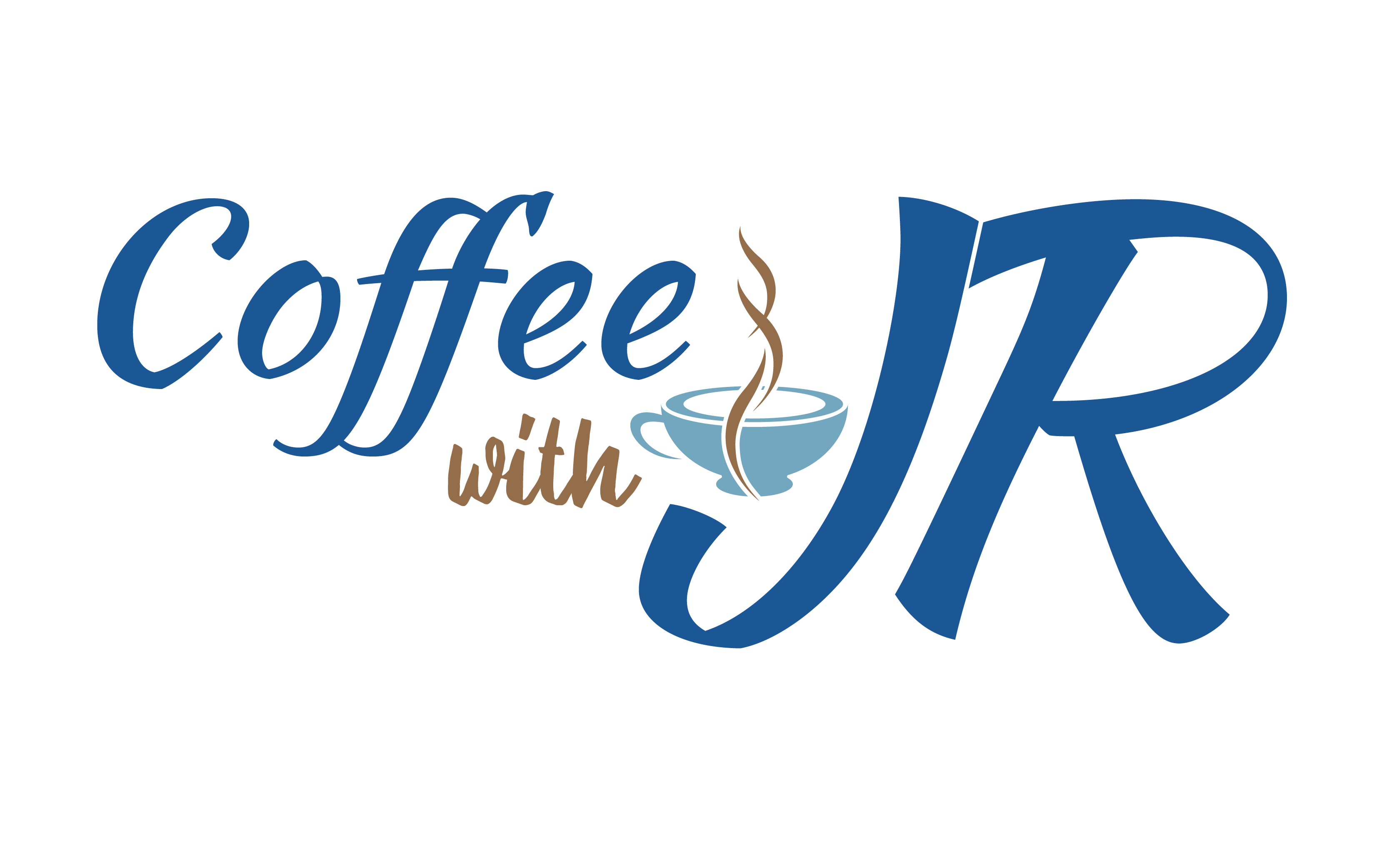
AVOIDANCE
Lately, the word “avoidance” has been popping into my life to the point that I can no longer afford to avoid addressing avoidance.
It all started when my friend recommended a podcast interview with Dr. Luana Marques by Mel Robbins. This is what Dr. Marques said which resonates with me a lot, “Avoidance is what we do… if we walk away from things that are meaningful, then we are robbing ourselves of the best lives.” Avoidance is like a “mental jail” that we put ourselves in.[i]
From a mental health perspective, we know that avoidance is a common safety behavior and coping mechanism for people with anxiety. Furthermore, we understand that frequent avoidance can increase anxiety levels and have a negative impact on people’s ability to function in their daily lives. [ii]
Dr. Marques provides an example: when a person experiences panic attacks related to going to work or while at work, their brain may suggest that work is causing the panic attacks, leading them to stay home. This response seems logical. However, in reality, the person is conditioning their brain to associate work with panic attacks. In other words, they are allowing anxiety to become larger than themselves.
In the past, some of the educational institutions where I have spoken criticized certain aspects of my content as being too triggering for students. I fully understand and support the intention of safeguarding students’ well-being, especially those from marginalized backgrounds. That said, individuals who have attended my workshops in the past can attest that my mental health and DEI (Diversity, Equity, and Inclusion) content is relatively straightforward and mild. If students find my training too challenging, I wonder how they will respond and adapt to the higher-stress environments they may encounter in their future workplaces, or to life in general. I’m not suggesting that we should neglect students’ well-being. Instead, we should find a balance between encouraging and providing opportunities for students to develop the strength and courage to engage in uncomfortable conversations about important issues, versus excessively shielding them and encouraging avoidance of anything that makes them uncomfortable.
The more I reflect on avoidance, the more I see it everywhere in my life and in the lives of others. Avoidance is highly prevalent because it’s incredibly easy for us to choose the path of opting out and not trying. We engage in it frequently, often rationalizing our decisions or giving in to our emotional fears and anxieties. Ultimately, it boils down to our instinctual fight or flight response. *
Avoidance manifests in two common forms. The first form involves denying or shying away from certain tasks, actions, goals, conversations, relationships, and more. This typically happens because we are either scared of them or oblivious to their importance. For example, we often tell ourselves, “I can’t..,” “I won’t be able to..,” “I wish I could..,” “I could only do that if I had the time or money..,” “What’s the point..,” “I will do it if/when I get a raise,” and many other self-deceptive sayings.
The other form of avoidance can be described as “escaping.” This involves retreating into our comfort zones and pretending that everything is okay. A friend of mine, Ivana, provides a compelling example. She has observed that some of her friends are deeply involved in yoga and meditation, spending hours on these activities. While these pursuits are healthier than certain unhealthy habits like excessive drinking, Ivana has noticed that some of her friends are using yoga and meditation as a means to escape from confronting the real challenges and issues in their lives and relationships.
So, how can we identify the things that we are avoiding, reframe them, and overcome avoidance? The first step is to recognize them. So, I’ve listed the top four things that I have been avoiding in my life.
- My Business: Rationally, I know what I need to do to scale up and achieve my next level of professional goals and dreams. However, due to fear and uncertainty, I’ve avoided seizing any chance or opportunity. Instead, I escape into my comfort zone by pacifying my ambition. I’ve been consciously and unconsciously telling myself that my work is impactful enough, and I have a good enough lifestyle, so I don’t need any advancement. These are truths in their own right, but in doing so, I’ve stifled my creativity and handcuffed my passion.
- Therapy: Since my therapist of nine years, Dr. Strober, passed away, I’ve been avoiding seeking out a new therapist. I justify it by telling myself that I’m “too busy,” “okay enough,” and that I’m “uncertain if any therapist can replace Dr. Strober.”
- Relationship: I’ve refrained from dating for many years, using excuses such as “I’m too busy building my business,” “I have trust issues,” “I don’t have time,” and “It’s too much work to meet new people nowadays.”
- Dancing: I’ve always wanted to become better at dancing, but due to shame and body-image issues, I’ve been afraid of dancing, even when alone.
Because of my avoidance of these four things, I am walking away from having a more meaningful career and robbing myself of the best life that I might have.
The most effective way to conquer avoidance is by reframing our fears and anxieties. The technique for this involves understanding the underlying reasons and causes behind both rational and irrational emotional reactions. I’m grateful for the nine years of therapy I had with Dr. Strober; it has made it somewhat easier for me to “psychoanalyze” myself and trace the root causes of my fears and anxiety.
Once I confront my fears and anxiety directly, I gain the strength to bring them to the forefront of my consciousness and to “label” them. By giving them a name, my fears and anxieties still exist in my mind and body rent-free, but they no longer have the same power to frighten me.
So for now, I have already scheduled my very first therapy session with a new psychologist in September. I’ve started telling my friends that I am ready to start dating again. I’ve reengaged with a couple of business partnership opportunities that I believe can help me to reach the next professional level.
Final thought: We can either be right and allow our avoidance to dictate our decisions or we can strive to live the most fulfilling life.
*The avoidance that I am referring to in this blog speaks to things that people typically want or are interested in, not extreme cases.
[i] Dr. Luana Marques by Mel Robbins
Photo by vonvix on Unsplash

Recent Comments